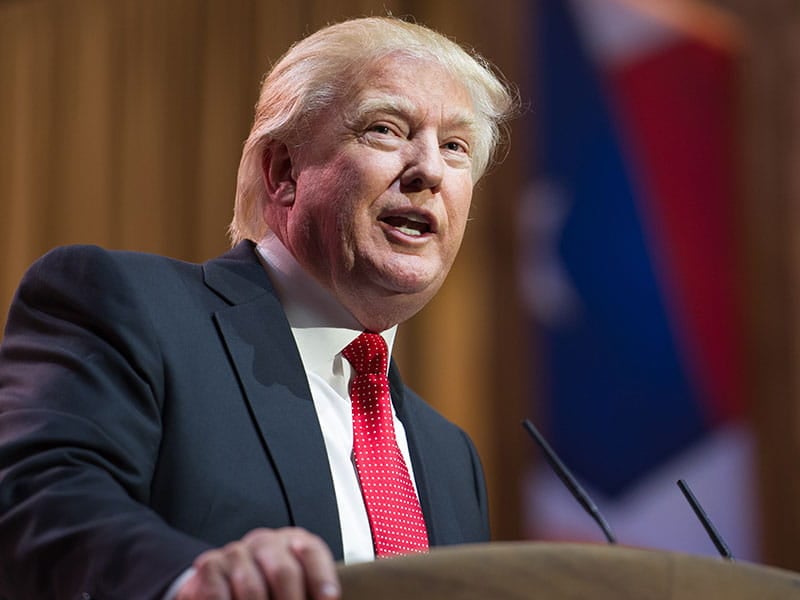Now we can't talk about anything else. In the grocery checkout line, total strangers debate the fine points of the Electoral College.
Business meetings include political preambles. Parents and children sit at the dinner table, searching for understanding of our presidential limbo.
It's as if the entire country is observing a mental snow day, suspending normal activities in the face of one giant snowdrift. Digging out could take days or weeks.
But as we wait for the commentators and pundits to finally succumb to laryngitis and the political system to go where no system has gone before, we still have to deal with our families. And perhaps one of the most important aspects of this whole situation is what we tell the kids.
My husband, the American studies major in college, views this like the fall of the Berlin Wall. He continues to remind our children that they are observers during a point in history that may claim an entire chapter in future textbooks. He sees the broadest historical significance of the election. He imagines a constitutional amendment to alter the electoral system.
I, on the other hand, have identified with one little lady in Palm Beach, Fla., who got all dressed up, went out to vote and, by gum, wants that vote counted. I can get all worked up on behalf of that one woman.
We both share our views openly with our teen-agers. But what we don't talk about is anything that casts a cynical view of the political process.
Whatever the outcome of this election, we want our children to believe that the process is fair and the system is adaptable to the will of the people. We want them to know that every vote is sacred. We want them to count the days until they can vote, and we hope they will always consider it a privilege. We want our children to understand there may be quirks and anomalies, but the bigger picture is amazingly harmonious.
Should our children be out of town or overseas during an election, we want them to always remember to request an absentee ballot. And when they receive a sample ballot, we want them to study it carefully.
However this election is determined, we want our children to be made wide-eyed by the glory of democracy instead of jaundiced by human frailty. We want them to tell their own children about way back at the turn of the century when they saw once and for all how important every last vote can be. And we want them to always remember the faces of individuals who are anguished at the thought that their votes were not counted correctly.
There's nothing we can do to influence the final decision in this election. But what we can do is discuss this process in a way that encourages our children to participate in the future.
Our system is not perfect. We know this more than we ever did before. But our system is truly amazing. Perhaps our children will be involved in fine-tuning it or changing it in the future. But whatever the case, we want them to understand how important it is for them to be involved.

